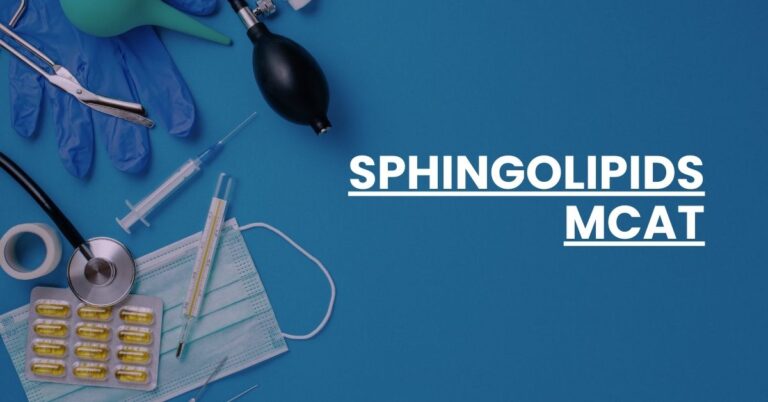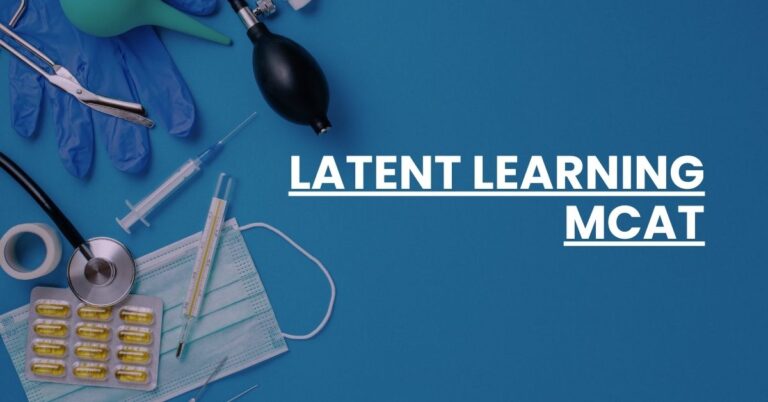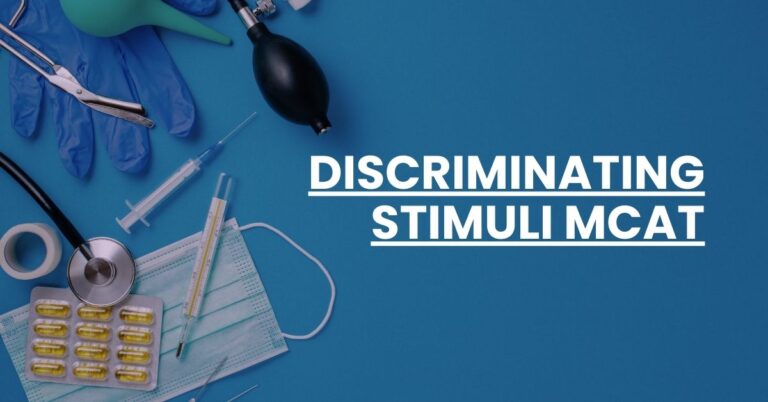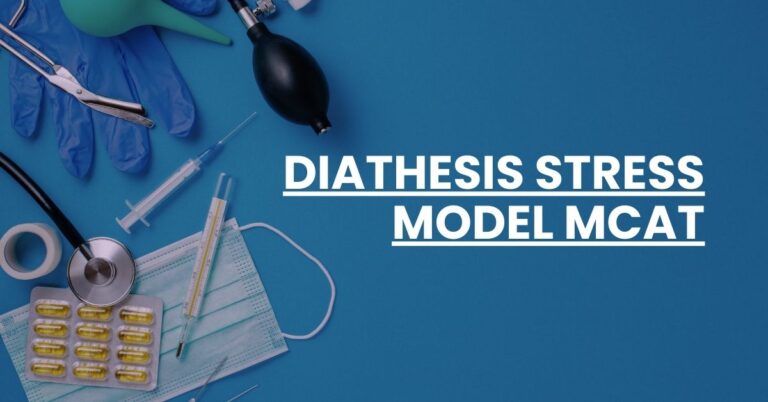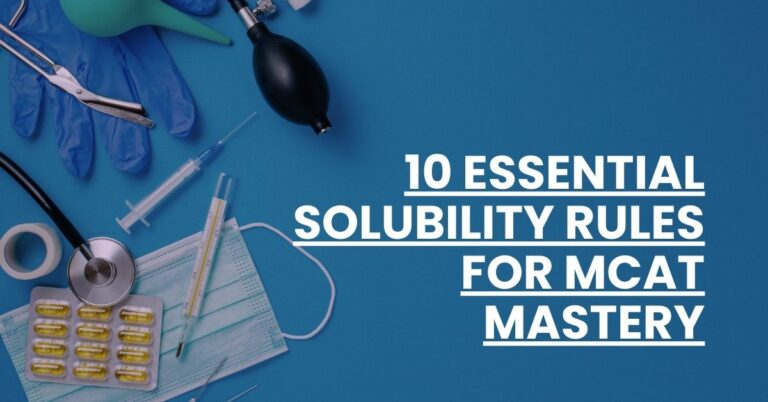LATEST RESOURCES
Sphingolipids are essential components of cell membranes, affecting everything from signal transduction to the integrity of the nervous system—knowledge crucial for students preparing...
MCAT genetics plays a pivotal role in your exam success, equipping you with crucial medical knowledge.
Crucial Genetic Principles: Understand heredity’s rules to excel in the...
Latent learning in the MCAT context refers to the learning that occurs subconsciously and without immediate reinforcement. It’s crucial for MCAT candidates as it shapes the understanding...
Discriminating stimuli are specific signals or cues that indicate to an organism whether certain behavior will lead to rewards or punishments, playing a critical role in operant conditioning...
The Diathesis Stress Model is a vital concept on the MCAT that explains the interaction between an individual’s biological vulnerabilities and environmental stressors in the development...
Conversion disorder, addressed in the MCAT, is characterized by neurological symptoms, like paralysis or seizures, that can’t be traced to any medical cause but stem from psychological...
Affinity Chromatography is a key technique for separating and purifying proteins that’s covered on the MCAT. It relies on the specific interaction between a protein and a ligand...
Piaget’s stages are crucial for the MCAT, specifically for understanding cognitive development within the psychology/sociology section.
Recognizing these stages enhances medical...
Solubility rules play a crucial role in the MCAT chemistry section, and understanding them is essential for achieving a high score. While they may seem like mere nuances of chemistry,...
Germ layers are crucial for the MCAT as they set the stage for understanding human development.
In the MCAT, you’ll need to know about the ectoderm, mesoderm, and endoderm—the...
No posts found
